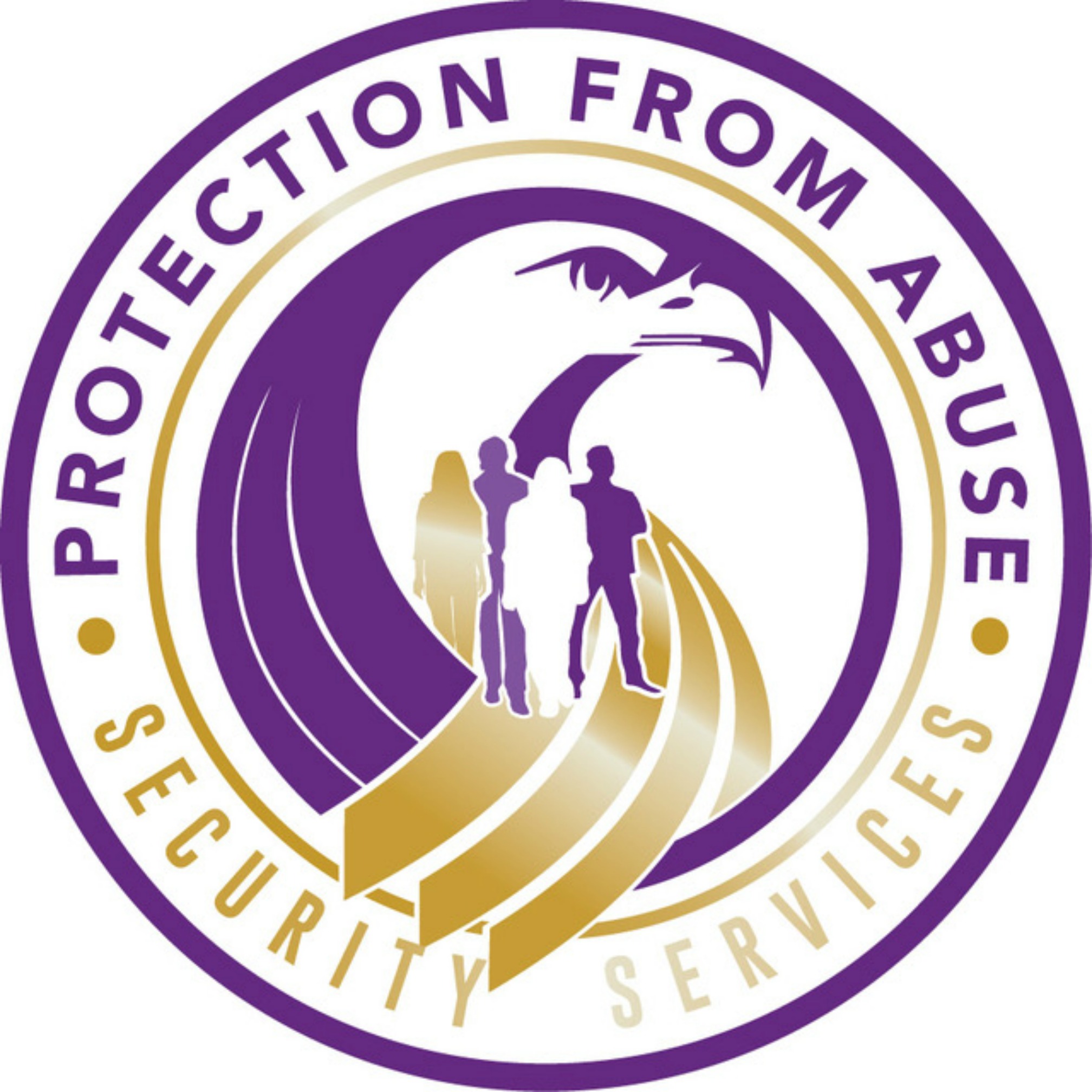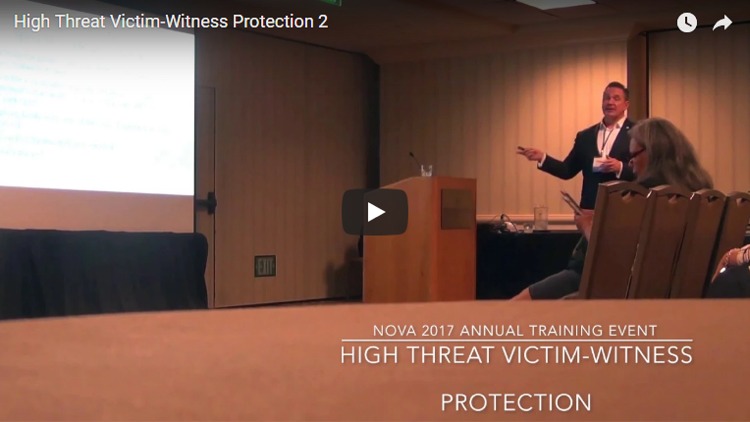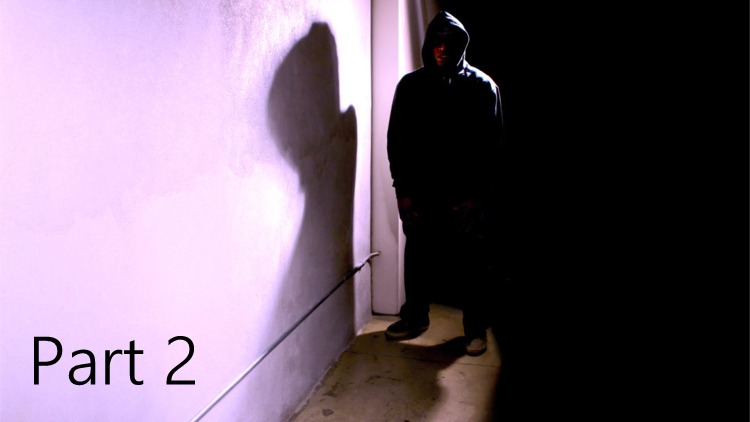Safe Relocation for Victims of Domestic Violence and Violent Crime
The Color Purple
 While eating breakfast one peaceful Saturday morning, I received an urgent call from a domestic violence advocate. Her client Cassandra* recently escaped a violent abuser by fleeing more than 700 miles to another state. Earlier that morning, Cassandra received an ominous text message from her abuser. “You look good in purple.” Cassandra was indeed wearing purple that morning.
While eating breakfast one peaceful Saturday morning, I received an urgent call from a domestic violence advocate. Her client Cassandra* recently escaped a violent abuser by fleeing more than 700 miles to another state. Earlier that morning, Cassandra received an ominous text message from her abuser. “You look good in purple.” Cassandra was indeed wearing purple that morning.
Unfortunately, relocation is sometimes the only option for many victims of violent crime who face enduring and credible threats to their safety. However, in a world of “planes, trains, and automobiles,” simply running far away is sometimes not enough. For Cassandra’s abuser and many more like him, 700 miles or more is just a casual road trip away. In those instances, relocating while remaining hidden is critical.
There is No Privacy
Running away and remaining hidden is a steep challenge in the internet age. Our personal information is now collected and available “for free or fee.” Between online “information brokers” and the availability of internet-based background checks, your personal information is not private. Anyone can purchase detailed personal information about you for a small fee and a click of the mouse. However, because most of the material from where your information is gathered is from public sources, you might be surprised by how much of your information is available just by knowing where to search.
Unfortunately for those fleeing someone dangerous, your address is perhaps the easiest piece of personal information to acquire. And, by using free online tools such as Google Maps Street View and Google Earth, anyone can view your property, place of employment, and even your vehicles from the comfort of their laptop. In fact, a fairly sophisticated attack plan can be put together simply by using these common internet resources.
The internet is still a poorly regulated Wild West with little to no existing laws protecting your privacy. No stone is left unturned as information brokers mine your personal data from various public and private sources. Such sources include change-of-address records, criminal and civil court records, bankruptcy records, driving records, social media use, voter registration lists, consumer data, bank card transactions, healthcare records, census data, cell phone service, web browsing history, shopping habits, etc.
If you are trying to stay hidden, given the depth of personal information available, there is no shortage of mistakes you can make that will potentially expose your new location. The list of sources above is only partial, and each represents a potential vulnerability in your privacy. Knowing your potential privacy vulnerabilities and how to navigate them is key to staying hidden.
Doctor Visit Exposes Secret Location
Consider the case of Amanda*, a mother who relocated several states away from her dangerous and abusive ex-husband. Amanda relocated while wisely using some solid strategies to keep her new location private. Those strategies were working until her ex-husband added their son to his health insurance policy. Amanda recently became aware of the new policy and its horrifying implications for her safety after a recent visit to her son’s doctor. After the visit, the billing department automatically searched a database of available insurance coverage even though her son was already covered under another policy. Her ex-husband’s policy was found and invoiced. Because he is the policyholder, he now has access to the invoice which includes the location of the doctor’s office. At a minimum, the dangerous man she ran from now knows her general location.
Address Confidentiality Programs
Although putting some distance between you and someone dangerous is a sound safety strategy, distance is not enough to protect you from certain predators. Therefore, very specific planning should be undertaken before relocating to a new location. Once you have exposed a new location to public record it is virtually impossible to undo. One such step in your plan should be enrollment in your state’s Address Confidentiality Program.
Address Confidentiality Programs were created to protect victims of stalking, domestic violence, sexual assault, and other crimes. These programs offer a layer of protection against dangerous offenders who use public records to locate their victims. The program provides its clients with a substitute address for the receipt of mail. The client’s mail is then forwarded to their actual address. These programs help keep a victim’s address out of the public record and the databases that might be used to locate them.
According to the Stalking Resource Center, thirty-six states have address confidentiality programs. If your state does not have such a program, do not despair. The essentials of the program can be roughly duplicated with careful planning and the assistance of a professional.
Remember, the Address Confidentiality Program is one layer of protection, and by itself may not provide complete safety. If you are in danger and relocating for safety purposes, I strongly urge you to use the program in conjunction with a robust safety plan.
He’s Got A Gun!
Thankfully, I quickly connected with Cassandra that Saturday morning. I instructed her to immediately call law enforcement. She called 911 while I planned a mission to pick her up and transport her to a safe house. When authorities responded to Cassandra’s location, her abuser was spotted trying to blend in with pedestrians across a busy city street. He fled, and our brave men in blue pursued him. After a brief chase he was apprehended – but not before he attempted to ditch an illegal firearm.
You are probably wondering how Cassandra’s abuser located her. We determined that he installed hidden tracking software on her cell phone (commonly referred to as a “stalking app”). The app provided him with her exact location. Whether she fled seven-hundred or seventeen-hundred miles made little difference. There was no hiding from him as long as he had access to her phone and gas money.
Just One Mistake
When I recently interviewed Jane* to perform a risk assessment, I was relieved to learn of her enrollment in the address confidentiality program. Because she was still under threat, I wanted to verify that her location was still confidential. I performed a simple Google search and located her new address on the White Pages website. Needless to say, Jane was shocked and concerned.
However, I did not share Jane’s surprise at the bad news. I have seen confidential addresses exposed many times before. Address confidentiality programs are not a guarantee of secrecy. One single mistake, such as any disclosure of the new address to online merchants or even to simply receive a shipment can put you back on the map. We recommend to our clients that they not use the confidential address for any purpose when possible, and when disclosure is unavoidable, we have very specific recommendations for the handling of those situations. These situations will often arise when registering children for school, and with utility companies.
Cassandra, Amanda, and Jane all fled dangerous abusers and in each case made small mistakes that compromised their safety. Cassandra’s cell phone exposed her to immediate and grave danger. Jane apparently used her new address for some purpose that resulted in its publication on the internet. Amanda’s safety was compromised by a health insurance policy that she did not even know existed.
Cassandra’s story has a happy ending. After her abuser was apprehended and jailed, she fled to another safe location armed with a better understanding of how to remain hidden. For Amanda and Jane, safety challenges and the potential for danger lie ahead.
Seek Professional Help
Because relocating and remaining hidden from someone dangerous is a considerable challenge, a “do-it-yourself” approach is not advisable. Beyond the public record privacy issues I illustrated, children, family, friends, employers, and even your hobbies and habits can all work against your best efforts to stay hidden and safe. If you are in danger and considering relocation as a safety strategy, I strongly urge you to seek professional guidance – you may have only one chance to get it right.
If you’re a victim of domestic violence, sexual assault, human trafficking, stalking, or other violent crime and need to safely relocate, professional guidance is available for free. Contact PROTECTION FROM ABUSE at [email protected]
*Names have been changed to protect confidentiality









Myself and my daughter were moved 2;years ago but the child support department sent a receipt to him from the town I was in when he called to ask why his money was going that address they gave him my address they of course denied it
Thank you for sharing Keturah. Unfortunately, this is a story we hear all too often. That’s why we recommend working with a professional. There are many ways for your new address to be exposed. We sincerely hope and pray you and your daughter remain safe. If you need help with safety planning, please do not hesitate to contact us.
When i fled last i got a po box several suburbs over and have a friend collect the mail i then arrange to meet for coffee at the shops to collect mail once a week.
The PO Box strategy does not provide comprehensive protection. Your change-of-address with the postal service is public record. And, you cannot use a PO Box for utilities, registering a child for school, division of motor vehicles, deliveries, etc. If you are hiding from someone dangerous, please consult with a professional to keep your location confidential.
I wish we had someone like you in England! I moved away already, he now knows the town I’m in due to “Public information” I am hoping to move again very soon… I just want to do it right this time.
Danielle I hope this information was helpful and gave you some things to think and plan for. Our vision is to be global, so with the right support, we will be in England! Please keep up posted about your efforts to stay safe! Take care.
Hi,
Can someone please call me.
I’m looking to be relocated due to Domestic Violence.
Call our hotline at 833-657-7683 for assistance.
I am a victim of domestic and sexual violence. My x boyfriend Anthony Gannatti has been using a software program called Human Behavior, he has used this to stalk me and harass me. I have no privacy and I have moved several times, changed my phone number, email, Facebook….I have pictures and names of companies, videos…..I need help
Call our hotline at 833-657-7683 for assistance.
I need help I’m hopeless
Ms. Elmore, we are very sorry to hear of your situation. Call our hotline at 833-657-7683 for assistance.
what do you think of a name change?
A name change alone is not fully protective. If you desire guidance and assistance with protocols to remain confidential, Call our hotline at 833-657-7683 for assistance.
i cant send emails or ask for help cause he monitors everything in everyway. hes an active gang memeber and threatens me everyday on what will happen to me if i leave. hes broken my chest plate messed up my back arm neck ive been bite punched spit on belittled and abused on more than one occasion . ive got a $4000 check coming into his aunts house and he tells me hes going to take it when it comes in the middle of september.thats all i have to get a new car to get away from him. im scared. what do i do? i have to rely on him for literaly everything.please do not email me back cause he will see it.i beg you please.comment on here illl find a way to ead it.
Ms. Jones, I am very sorry to hear about your situation. Unfortunately, we cannot adequately guide or assist you via messages. I urge you to give our hotline a call from a safe phone and at a safe time and we can figure out a way to work on this issue together. Our hotline is 833-657-7683.
I want to know if you guys relocate and help with housing fir demestic violance victims
Call our hotline at 833-657-7683 for assistance.